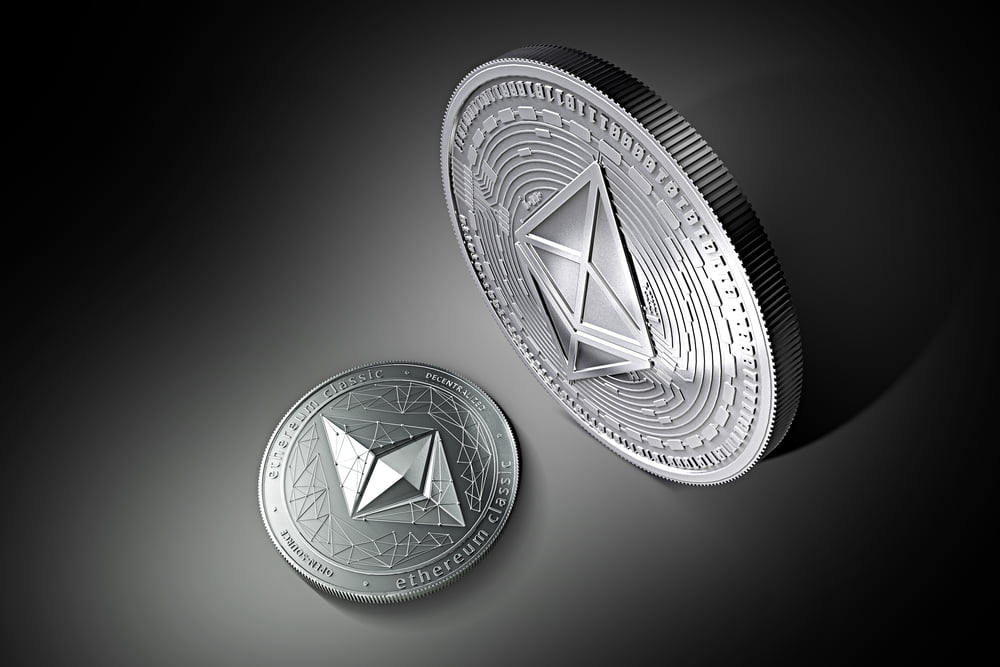Decentralized exchanges are slowly becoming the norm in the world of cryptocurrency. More specifically, we are seeing a lot of new platforms and projects focused on decentralizing trading as we know it today. Decentrex is one of the latest projects of this type. It is only designed to work with Ethereum and ERC20 tokens, though, but that doesn’t mean it won’t be successful.
Decentrex is Powered by Smart Contracts
It is always good to see new decentralized exchanges pop up every now and then. More competition is direly needed in this space. For some reason, most people still rely on centralized exchanges to buy, sell, and trade cryptocurrencies. This is a bit of a mystery to most educated users, though, as no one should willingly give up control over his or her money when it comes to cryptocurrency.
This is where Decentrex comes into the picture. Rather than providing yet another centralized trading platform, the team has embraced smart contracts to establish a decentralized Ethereum exchange. Users can trade Ether itself, as well as any ERC20 token issued on top of the Ethereum blockchain over the years. Right now, over 350 tokens are supported, and there is no limit as to how many trading pairs could be created in the future.
Do not be mistaken into thinking these tokens can only be exchanged for Ethereum either, as any form of trading market can be established with other tokens as well. It is an intriguing take on things, as it ensures there is a growing trading market for every ERC20 token in existence. That doesn’t mean these tokens have value by default, though, as most of them are based on hype and speculation first and foremost.
So far, there aren’t too many tokens with significant trading volume on Decentrex. That is only to be expected, mind you, as very few people are aware this platform even exists. It is good to see some tokens gaining traction almost immediately, including OmiseGO, Civic, and PAY. For now, all of the main trading markets are linked to Ethereum directly, but that situation will hopefully come to change in the months to come.
Under the hood, Decentrex makes use of smart contracts. That is another interesting decision, considering smart contracts aren’t exactly considered to be “safe” by default. Indeed, there is a growing need for smart contract auditing services as we speak. Decentralized exchanges like Decentrex will have to ensure their contracts are in working order without security risks at all times. Time will tell whether they are successful in doing so.
More importantly, the entire Decentrex project is completely open source. Although there is a website-based interface right now, it is always better to download the source code and run it on your own machine. This approach also allows users to make changes to the platform if they see the need to do so. For now, it seems everything is working just fine, but it’s good to see the team acknowledge that people need to learn how to run this type of software themselves.
Whether or not Decentrex will become a success remains to be determined. The demand for decentralized exchanges is certainly there. Moreover, there are a ton of ERC20 tokens waiting to get listed on more exchanges as a way to improve their overall exposure. Decentralized exchanges are the right way forward in this regard. That doesn’t mean people should trust Decentrex blindly, though. Rather, they would be wise to properly review the source code first and foremost.

